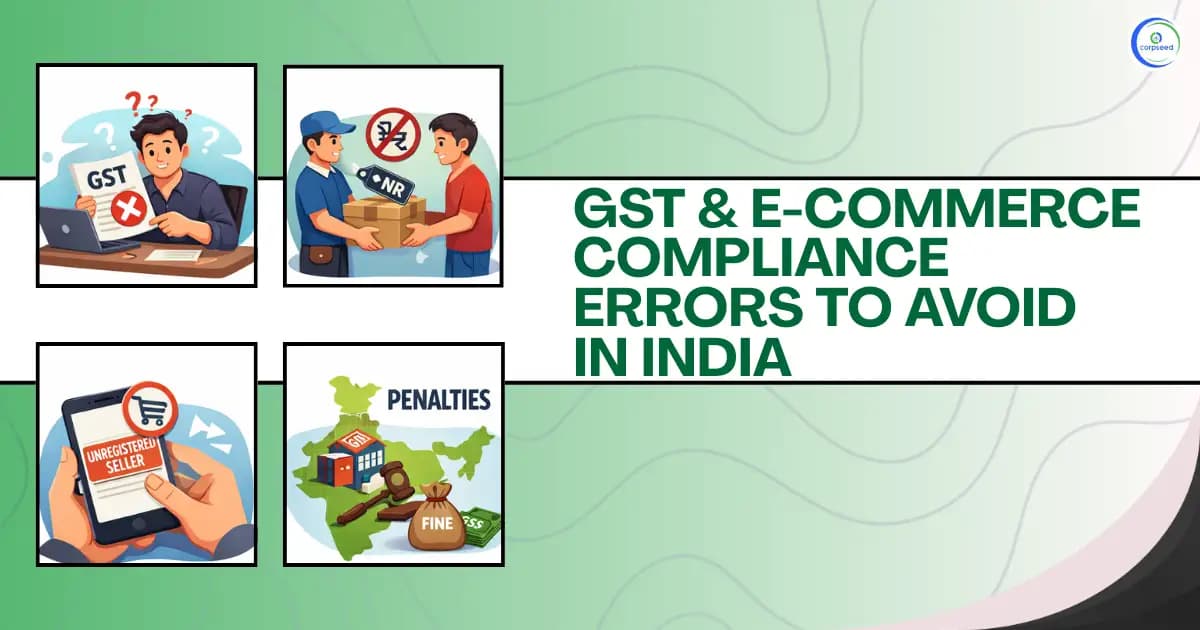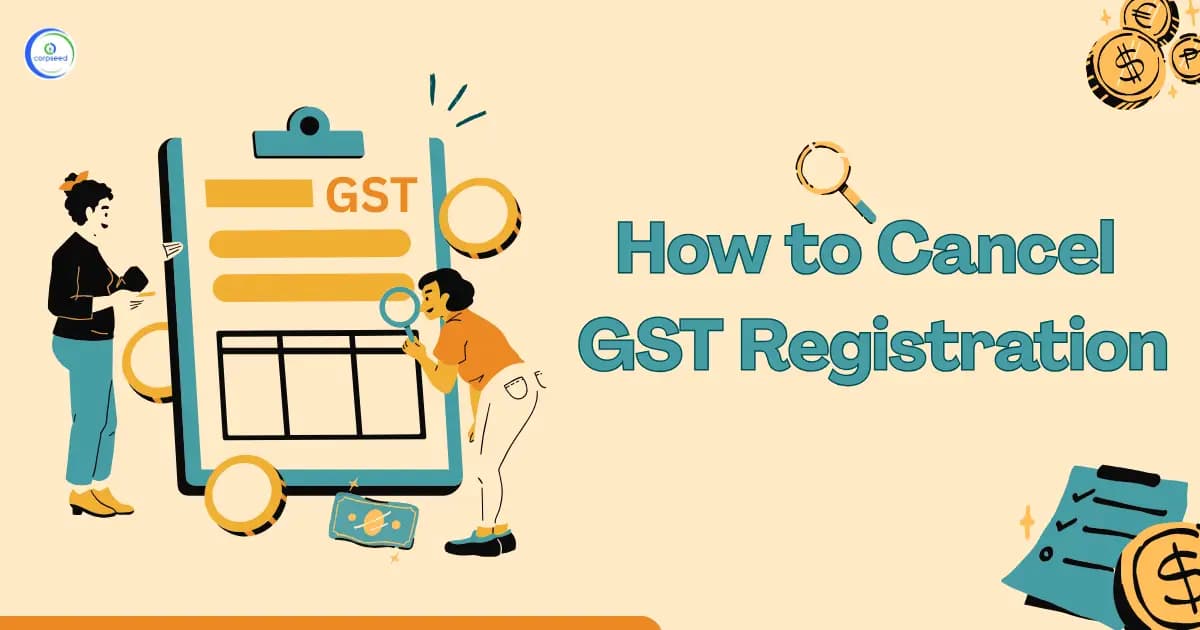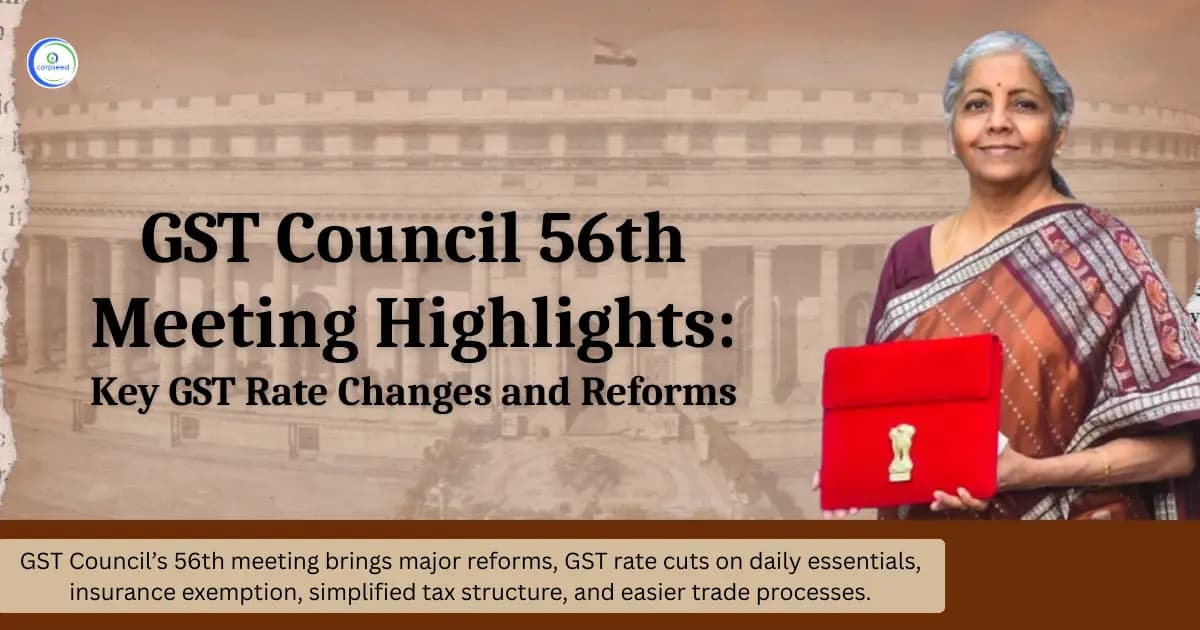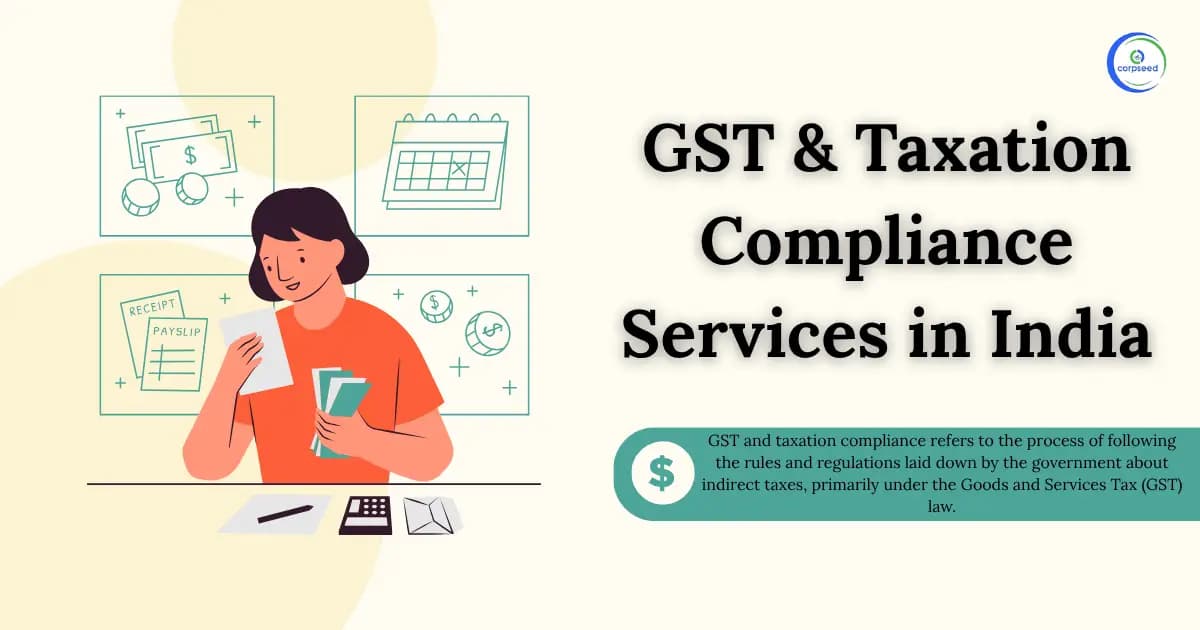
Loading...

Online Chartered Accountant Services by Corpseed. We Provide Best CA Services at Nominal Charges. Need help in ITR filing or Need Assistance in Audit Compliance. Get Free Consulting, Call 7558640644
About the Author

Vipan has more than 12 years of working experiences and guiding the team in the strategic Development and preparation of ESG reports. He is having a vast experiences of working in the field of Environment in legal, statutory, regulatory, environment compliance management and expertise in waste management. He is a Founder and MD of Corpseed. He is the one, who has developed World First Technology Driven AI Based Automated Compliance Model for All Businesses. He has worked with the Multinational Companies, such as Suncorp (Australian Bank), British Petroleum (UK), Eco- lab health care (USA), BHL, PGCL, UN-Group, SRY oil and gas, L&T, EVS electronics Ltd, Amzette, Faber, NTPC, Muthoot Finance, Capgemini etc.
Related articles

GST & E-Commerce Compliance Errors To Avoid In India
2026-02-10

How To Log In GST Portal (www.gst.gov.in) Online In India
2026-01-08

How to Cancel GST Registration?
2025-12-12

GST Council 56th Meeting Highlights: Key GST Rate Changes and Reforms
2025-09-06

ITR-V Form: Complete Guide to Download, Acknowledgement & Verification
2025-08-07

GST & Taxation Compliance Services in India
2025-06-23